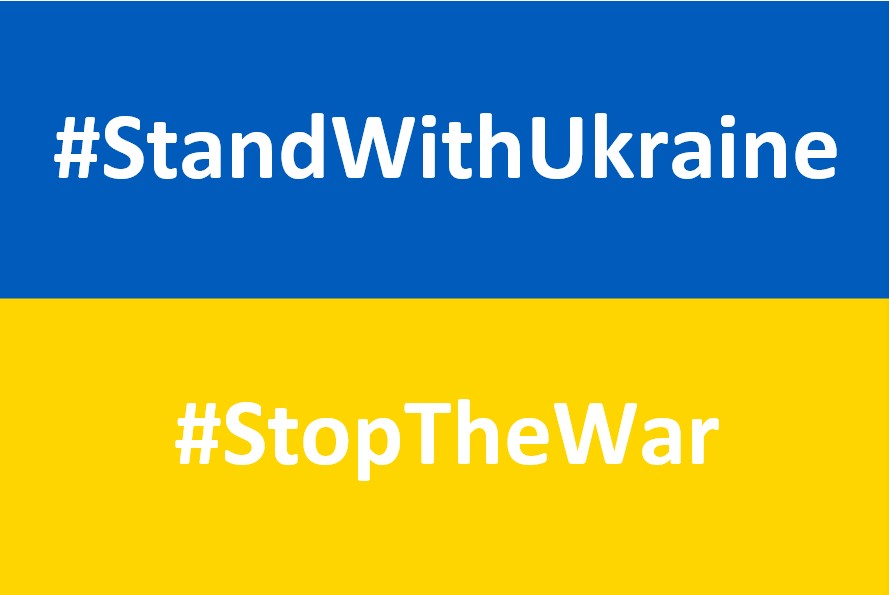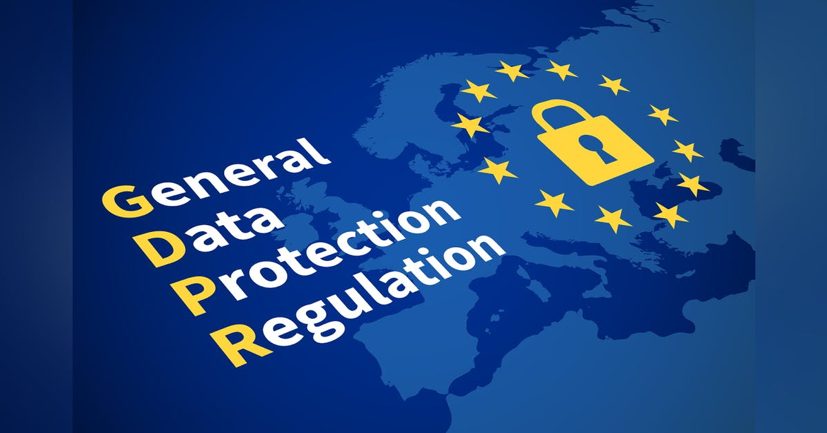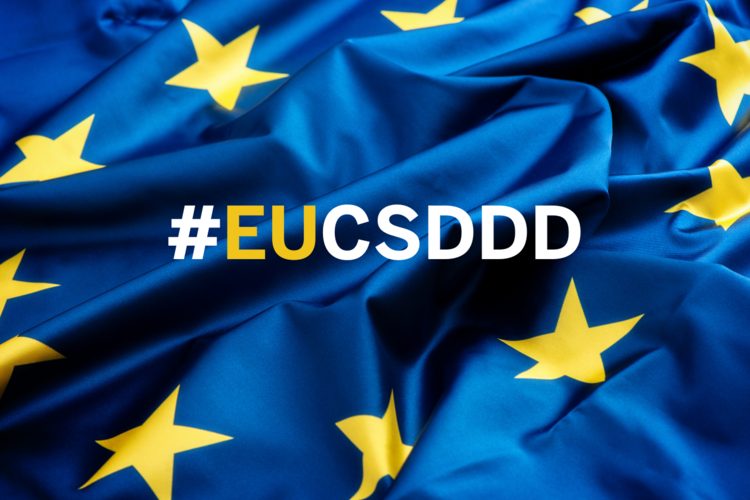International Organizations and the War in Ukraine

Russia’s unprovoked and unreasonable war against Ukraine has instigated a crisis unmatched in scale and impact on the European territory since WWII. As the United Nations (UN) Secretary General António Guterres confirmed during a recent trip to Moscow, “Russia’s invasion of Ukraine is a violation of its territorial integrity and of the Charter of the United Nations.”
The war has already caused tremendous damage and devastation, the loss of thousands of lives, and the massive destruction of the country’s economy and infrastructure. Some analysts and political experts even fear that the war could have a spillover effect, engulfing the European continent in a disaster with devastating ramifications.
As a result of just two months of fighting, constant artillery barrage, rocket assaults, and violent attacks against civilians, close to 5 million people have been forced to leave their homes and seek shelter elsewhere. Many third-country nationals also found themselves stranded amid the Russian invasion, complicating the situation further.
While many Ukrainians fled to relatively safer parts of their homeland, many of them ended up moving to foreign countries. According to official sources, Poland has accepted more than three million Ukrainian refugees. In most cases, these people fled with little or no belongings. Unfortunately, senior citizens or others unable to move have stayed behind and faced constant bombings, with limited access to food, water, and basic infrastructure. As the war continues, it will bring further economic hardship that could have a dire effect for decades to come.
Many Western nations have rushed to extend their support to Ukraine in a prompt manner, providing humanitarian, as well as military support on the ground and outside of the country. However, states alone cannot achieve effective solutions to these challenges unless there are collaborative efforts in the form of international organizations. Future uncertainties make it more evident that it will be absolutely vital to act together, forming partnerships and strengthening existing ones.
A number of international organizations jumped to respond to the needs of the victims of the war. Many of them operate in countries neighboring Ukraine, mostly in Poland due to safety and security issues. Bearing in mind the size of the country and the magnitude of the crisis, significantly more needs to be done in the immediate future and the long-term perspective.
During these extraordinarily difficult times, the role of international organizations in dealing with such crises is made abundantly clear. The war provides grounds for talks on reforming major international organizations, such as the UN. The mere fact that the aggressor country is a Permanent Member of the United Nations Security Council, with the power to block actions in favor of Ukraine, is disturbing. According to the UN Secretary General, “The Security Council failed to do everything in its power to prevent this war. This is a source of great disappointment, frustration and anger.”
The UN, as the biggest gathering of sovereign states, should have a leading role in preventing wars and conflicts, and in handling the humanitarian catastrophes that occur as a result. The UN did appoint the Crisis Coordinator for Ukraine, the prosecutor of the International Criminal Court did open an investigation into war crimes and crimes against humanity, several resolutions and statements were issued, however, more urgent action and solutions are needed. Time is of the essence when the situation in Ukraine deteriorates on an hourly basis.
The role of the European Union in both political and economic assistance during the crisis is vital. The EU and its member states are the UN’s largest financial partners. Despite the less than stellar reaction of several EU member states, the response of the EU as a whole and its governing body to the current developments in Ukraine is to be welcomed. The sanctions imposed on Russia by the European Union and its member states, the temporary trade liberalization with Ukraine, military support, financial assistance and other measures that will support Ukraine during and after the war are of extreme importance. It is necessary for the EU to maintain the current course and to further increase assistance in its neighborhood in various directions, particularly during times of such unprecedented crisis.
International institutions are crucial in preventing the wars, negotiating peace deals, providing humanitarian aid, assisting economically, and in the process of rebuilding after the war. The world is forced to acknowledge the flaws of the modern international institutions in preventing the war, more so when it is happening in the largest European country. We are witnessing how the world can change in a matter of days and how unprepared the global community can be in times of war or the recent pandemic.
Mobilization of international organizations will be required in the process of rebuilding the country. It is too early to assess the damage; however, it is highly likely that the number will be in the billions. International organizaitons will have to rally support, mobilize resources, and call for action in assistance of Ukraine.
However long the war continues, a significant increase in the emergency response on behalf of international organizations will be necessary. A strong and committed international cooperation is the answer to the outcome of the war in Ukraine. All political organizations headed by the UN should spare no effort to stop Russian aggression by all means, while other international bodies working in the economic and financial sector should step up efforts in helping Ukraine rebuild homes and vital infrastructure.
International institutions should work hand-in-hand with civil society, NGOs and other partners to ensure the steady flow of financing in combating the crisis in Ukraine. Global peace and development must remain on the forefront of the agenda of the international community, supported by an effective multilateral system. This very system will serve as the basis for future sustainable development and recovery.




 Search
Search





